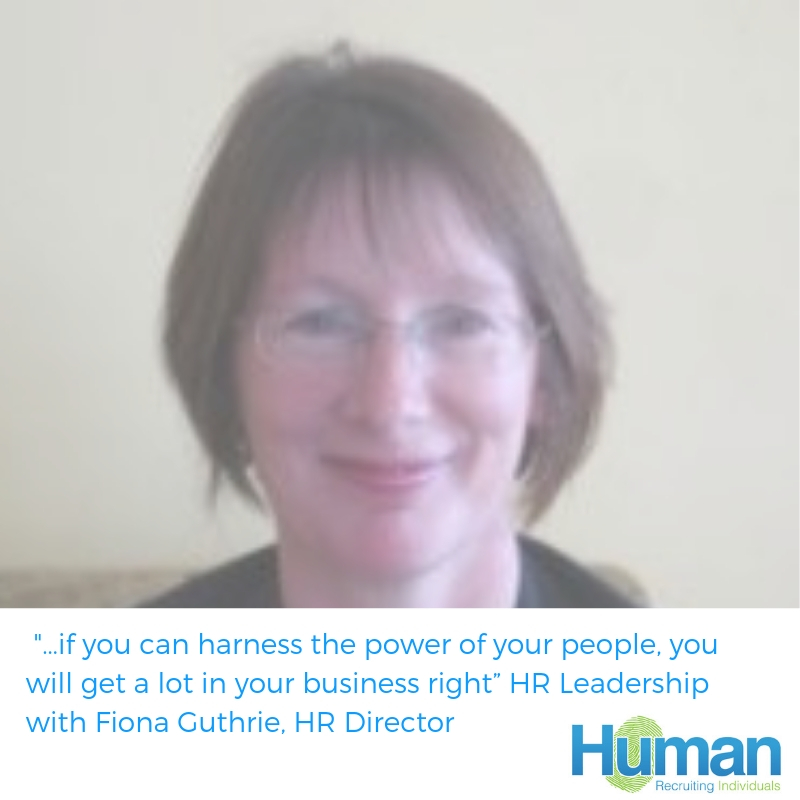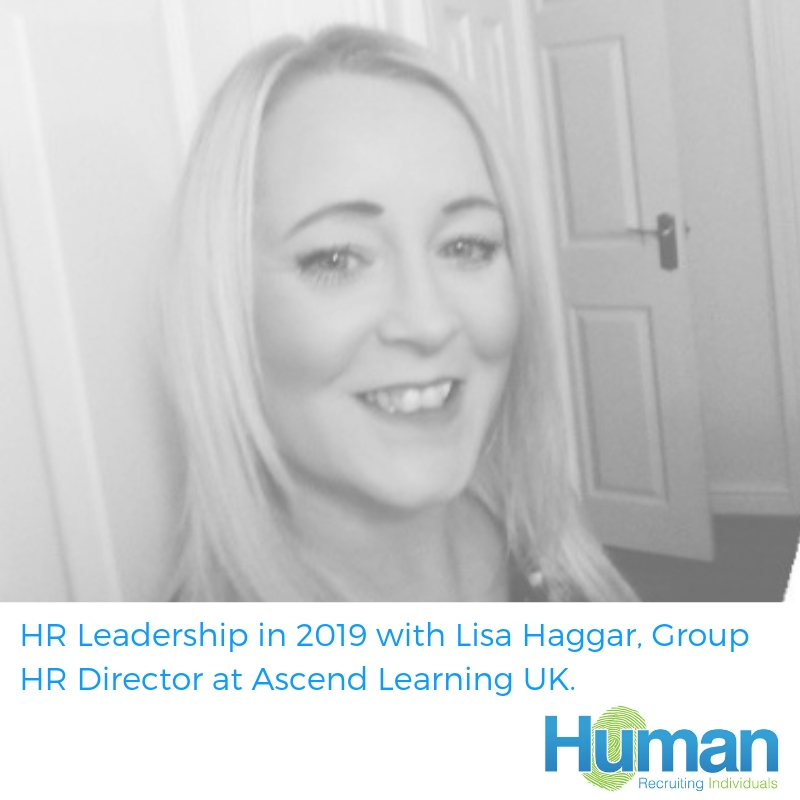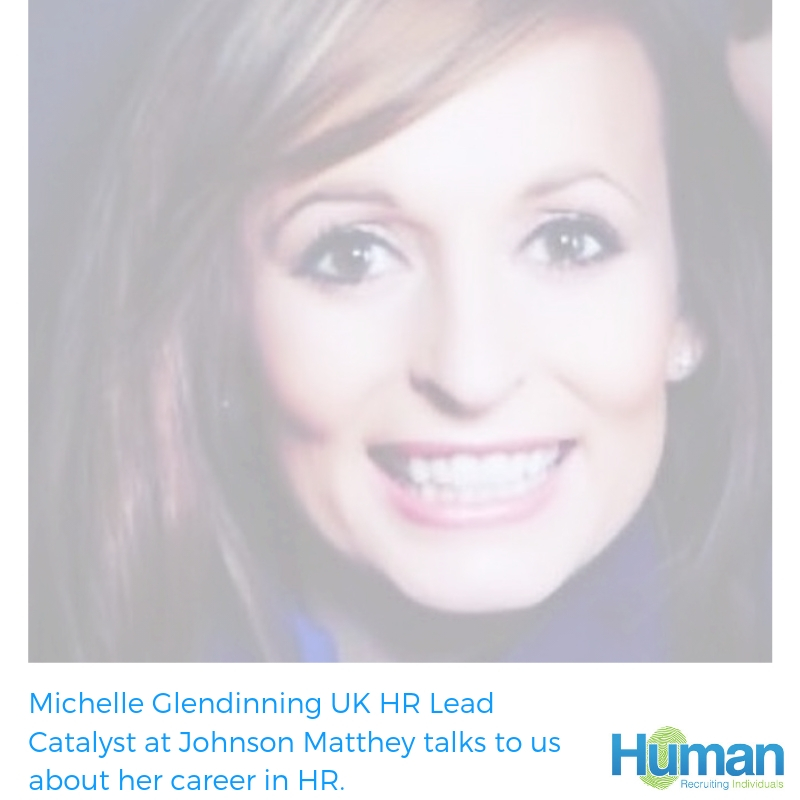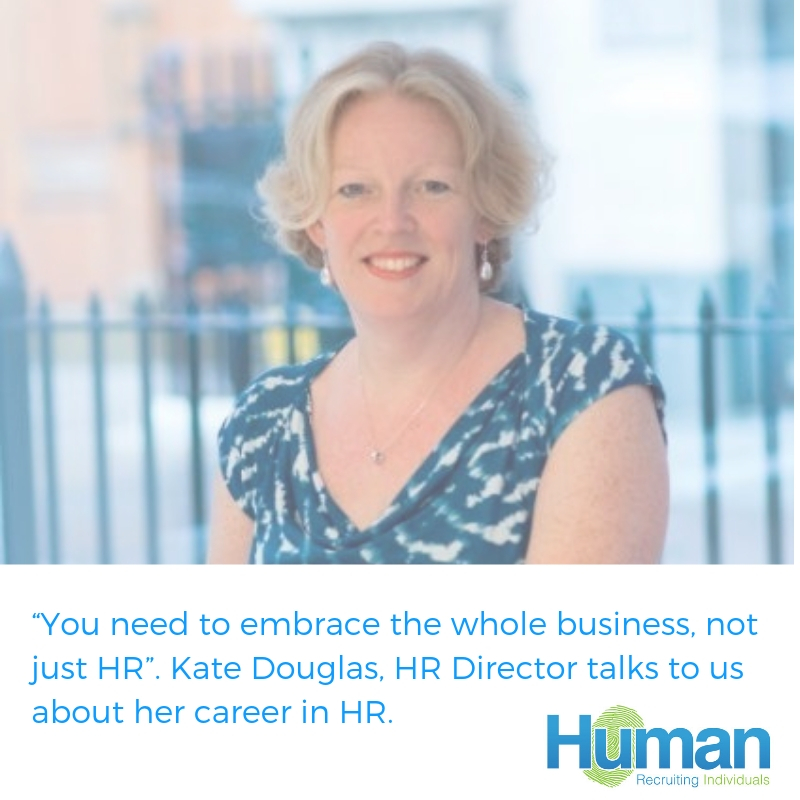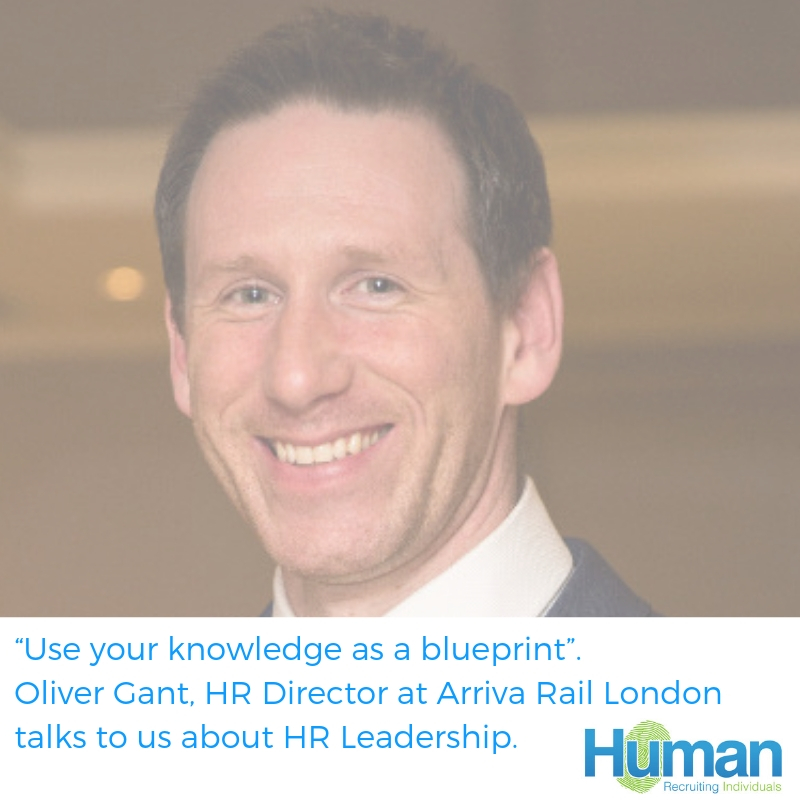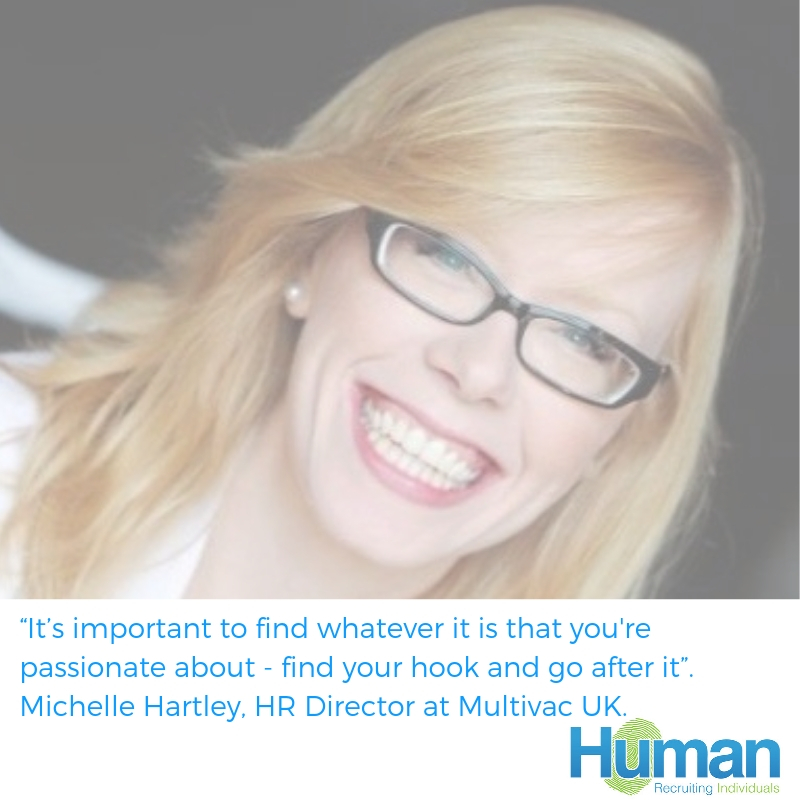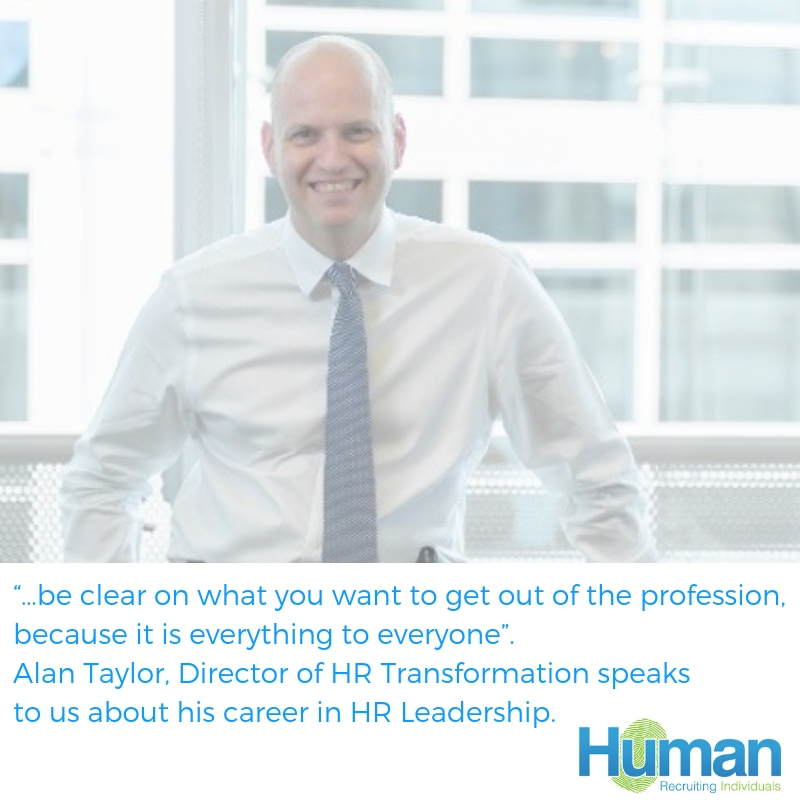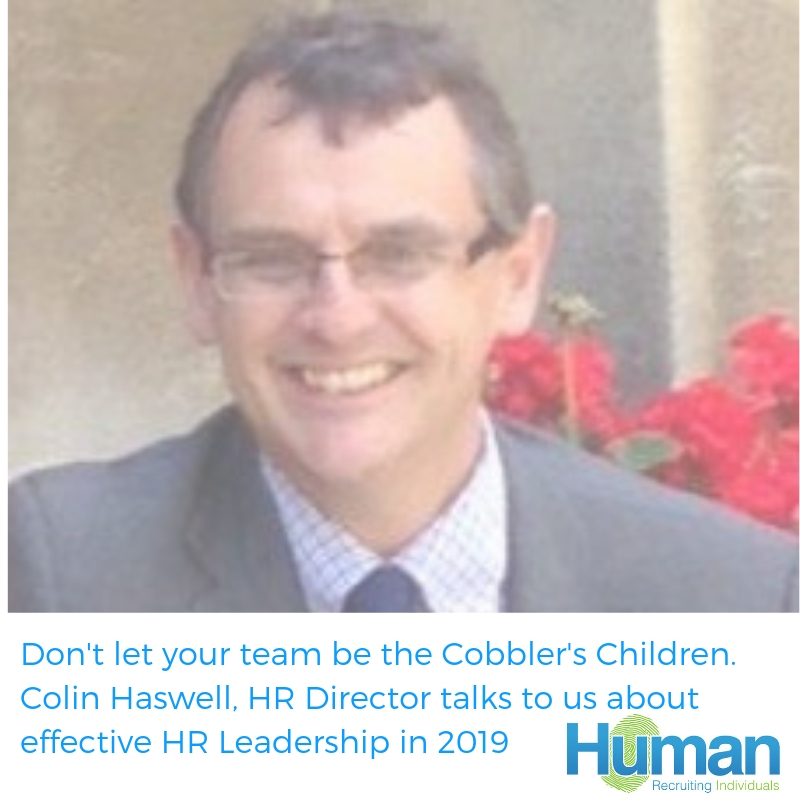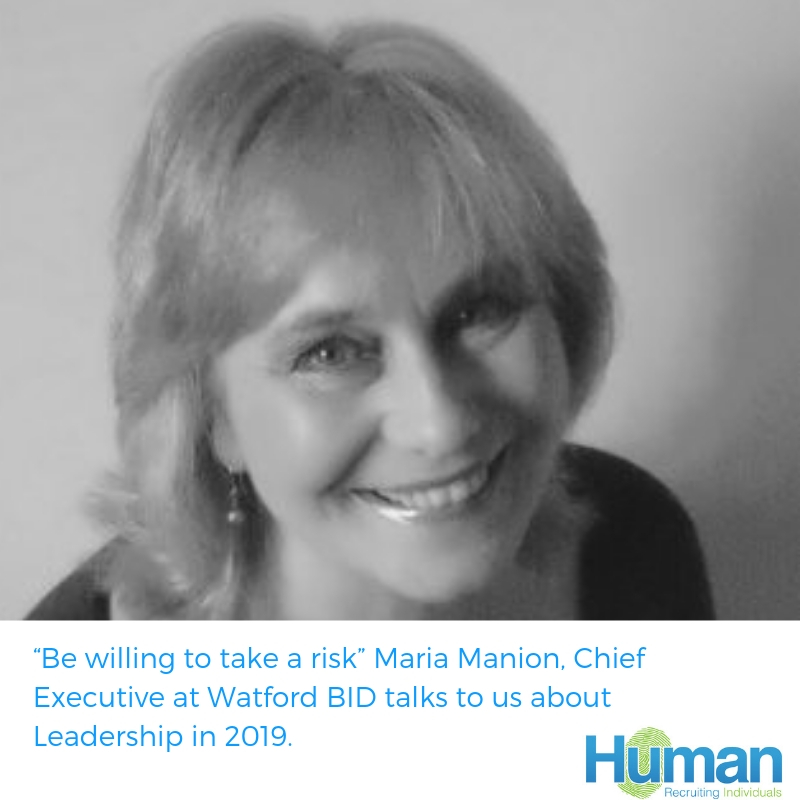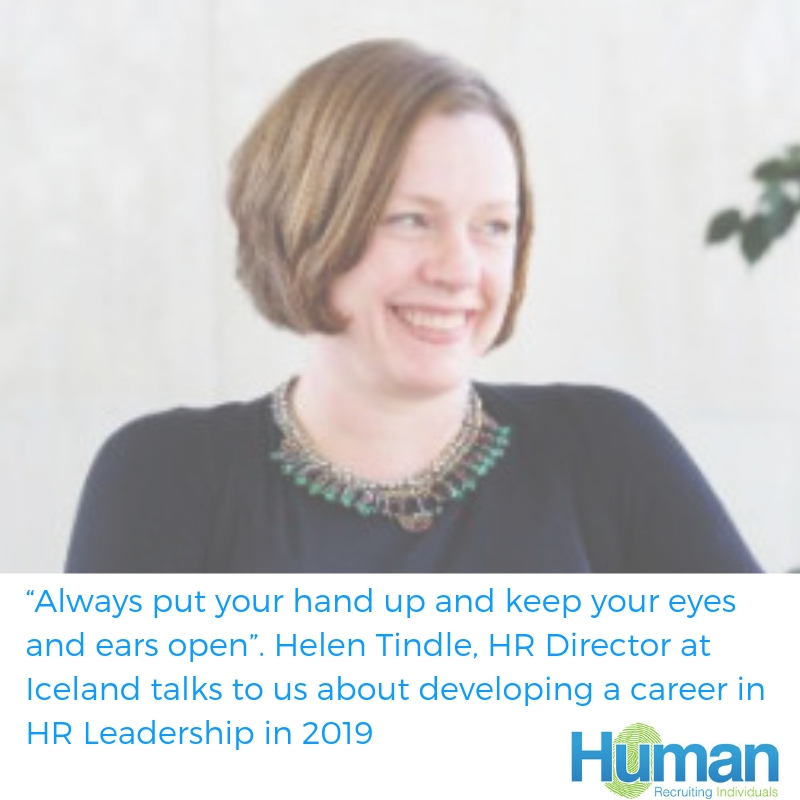HR Leadership with Fiona Guthrie, HR Director “…if you can harness the power of your people, you will get a lot in your business right”
As part of our commitment to supporting candidates in developing fulfilling careers, we’ve invited some HR Leaders to share the secrets of their success. This week, we had a great conversation with Fiona Guthrie an experienced Group HR Director. Fiona has worked within an HR Leadership role across several sectors including Rail, Retail and Construction. We asked Fiona about her career and what is required to build a successful career in HR. What lead you to a career in HR? Why HR? “I was attracted to HR because it offered the ability to work across the business and not just in a particular specialism. The variety and the impact HR can make was also attractive. I believe that if you can harness the power of your people, you will get a lot in your business right: That reach across all functions through its people is fairly unique to HR. In other functions you can deliver the right results but in HR you can influence across the piece. Fiona moved away from HR for four years and moved into General Management before she returned because of the impact good HR can have on a business. “You have the ability to work at senior levels not only in a functional capacity but also as part of a team”. What makes a successful HR leader? The ability to deal with ambiguity, be flexible and have a can do attitude Understanding the business is vital. Data analysis has become increasingly crucial – you have to be able to understand and interpret data. You don’t have to be a maths whizz, but it helps to know when the numbers are right and to be able to interpret and communicate what the data is telling you. All business is about relationships with your stakeholders – colleagues, customers, suppliers – and the ability to establish and develop good relationships is a critical success factor. Being able to coach and develop your team is also key. In my opinion investing in coaching is the best development money you’ll ever spend. If you train your people to coach, the return on investment will come threefold”. Within HR you are often needed to coach and influence others to achieve the right results – I think both are intrinsic to success in HR. You also need courage as a leader – in HR and across the wider leadership – to challenge when you might be the only one doing so, to question the status quo and to pursue the right solution to business challenges. What key themes and challenges will be prevalent in 2019? ‘AI’ is one to watch. I use inverted commas because a lot of what people are calling AI is really automation or data management. There are huge opportunities for change with the development of that type of technology. Finding a holistic way of using technology without falling into “the computer says no” scenarios will be important.”. “How to keep people engaged with the business purpose is not new but should remain a hot topic. We need to stay focussed on diversity and inclusion, and as part of that I would like to see more companies doing proper work on wellbeing: If you can get all that right, I believe you will see an impact on the bottom line”. What do you wish someone had told you when you first started your career in HR? “Keep the bigger picture in mind – sometimes you have to lose the battle to win the war; don’t take things personally; take every opportunity to learn and grow that you are offered and if you’re not offered them, go and look for them”. “You have to be brave, flexible and resilient. If you’re not those things in HR it won’t be a happy place”. Fiona has worked as an HR Director for organisations within Utilities, Construction, Retail and Logistics. If you would like a confidential conversation about your career or need help finding the next great addition for your team, please get in touch today.

